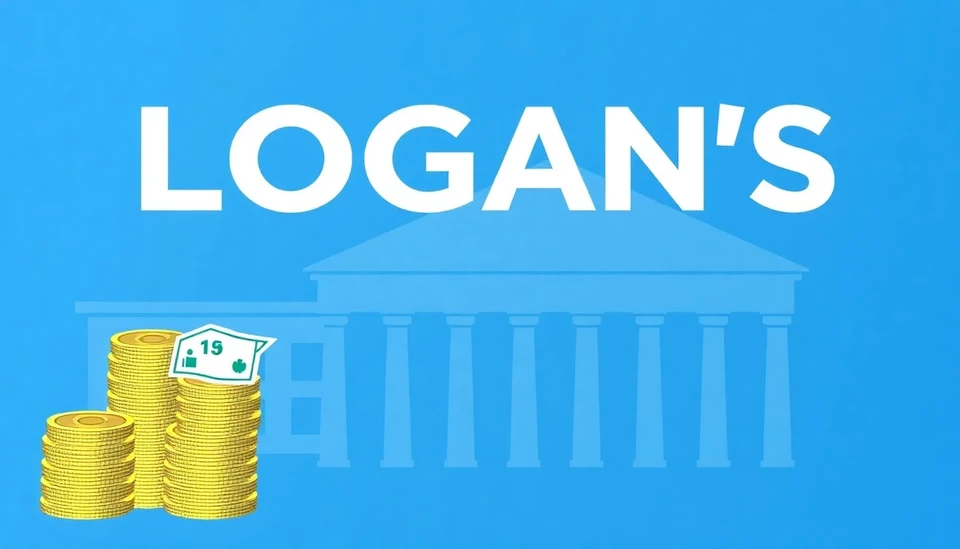
In a significant development in the financial landscape, Logan has unveiled a revised debt management strategy that could have major implications for cash payouts. This new plan aims to address the growing concerns about sustainability and fiscal responsibility amidst increasing debt levels.
Logan's updated approach focuses on minimizing immediate cash disbursements in favor of long-term financial health. This pivot is seen as a critical step to stabilize the company’s balance sheet and to align with investor expectations regarding fiscal prudence. However, the decision has sparked a debate among stakeholders who are concerned about the potential reductions in cash distributions to equity holders.
Under the revised plan, Logan indicates a prioritization of debt reduction strategies, which includes refinancing existing obligations and extending maturities. By doing so, the company aims to manage its interest expenses more effectively and improve liquidity. While these changes are intended to fortify the company's financial foundation, they raise questions about how much capital will be available for distributions.
The implications of this shift are significant. Investors who rely on consistent cash payouts may find themselves grappling with uncertainty as Logan navigates its debt obligations. Analysts predict that while this cautious approach may enhance long-term viability, it could also lead to short-term dissatisfaction among shareholding stakeholders who prefer regular returns on their investments.
In response to the backlash from some investors, Logan's leadership has emphasized that the decision is not merely about slashing payouts but rather about creating a sustainable financial model that can both support growth and facilitate future distribution plans without compromising overall fiscal health.
As the story unfolds, it will be crucial for investors to monitor how these changes affect Logan's overall performance in the market. The balance between sustaining investor relations and ensuring robust corporate financial management will be pivotal as the company implements this new strategy.
Looking ahead, Logan plans to provide ongoing updates to its stakeholders regarding the impact of this strategy on cash flows and future distribution timelines. The company aims to reassure investors that their interests remain a priority while navigating the complexities of a challenging financial environment.
In conclusion, Logan's revised debt plan marks a turning point in how the company approaches its financial obligations. Stakeholders will need to stay informed and engaged as this situation develops, and the company’s commitment to transparency will be critical in maintaining trust during this transition.
#LoganDebtPlan #FinancialStrategy #InvestorRelations #CashPayouts #DebtManagement #FiscalResponsibility
Author: John Harris




